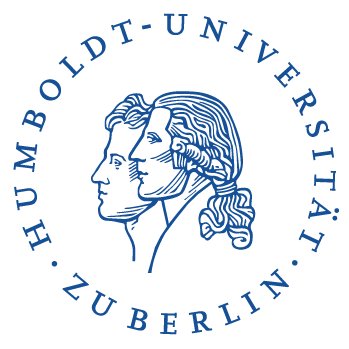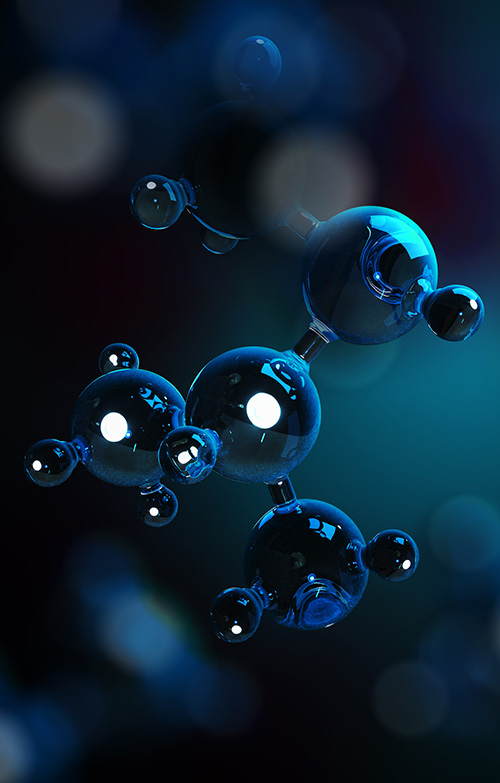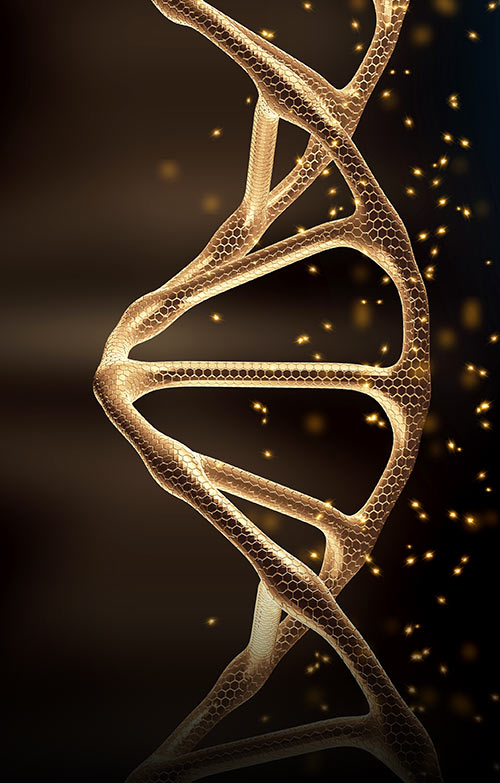Hector Fellow since 2015
Prof. Dr. Peter HegemannProf. Dr. Peter Hegemann
Experimental Biophysics, Humboldt University of Berlin
Peter Hegemann is head of the working group for experimental biophysics and Hertie Senior Professor of Neuroscience at the Humboldt University of Berlin.
The world’s leading expert in photobiology is one of the founding fathers of optogenetics, which combines the methods of optics and genetics to create a form of non-invasive stimulation of neurons. His research with photoreceptors of algae has led to the discovery of light-sensitive ion compositions in cells. The protein involved (“channelrhodopsin‑2”) enables a precise control of genetically modified cells through light pulses, which leads to a new possibility to treat neuronal illnesses.
Peter Hegemann has been awarded, inter alia, with the Albert Lasker Basic Medical Research Award, Shaw-Prize, Rumford Prize, Gairdner Prize, Gottfried Wilhelm Leibniz Prize of the German Research Foundation (DFG), Grete Lundbeck European Brain Research Prize, Harvey Prize and the Otto Warburg Medal. He is a member of the National Academy of Science and Engineering (acatech), the Berlin-Brandenburg Academy of Sciences and Humanities (BBAW), the European Molecular Biology Organization and the German National Academy of Sciences (Leopoldina).
Controlling neurons with light
Portrait of optogenetics pioneer Peter Hegemann
Peter Hegemann is a professor at the Humboldt-Universität zu Berlin and co-founder of optogenetics. The renowned biophysicist conducts research on light-sensitive proteins in green algae that enable cells to be controlled by light pulses. His basic research opens up new applications in the treatment of neuronal diseases. Peter Hegemann has been a member of the Hector Fellow Academy since 2015.





